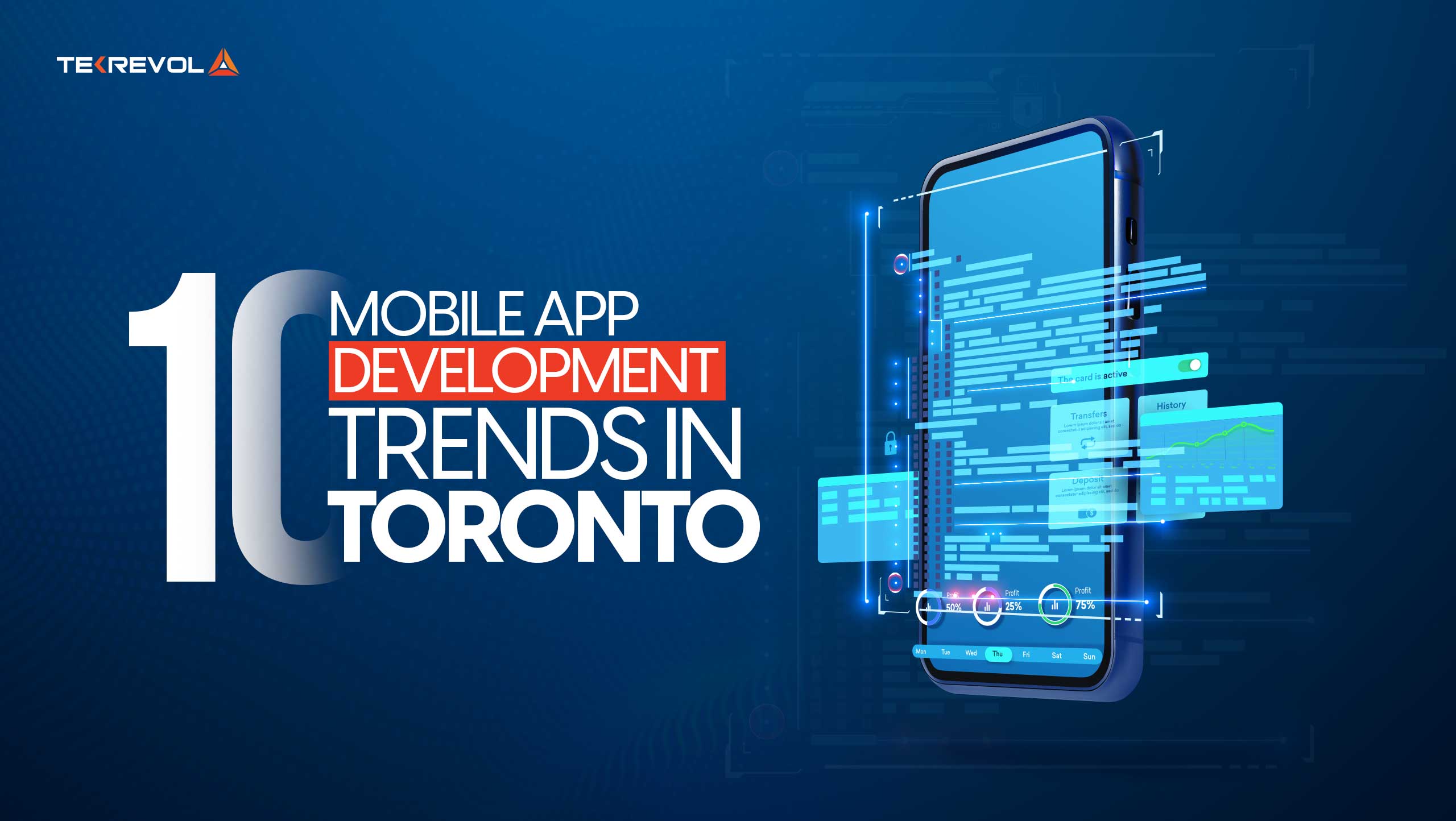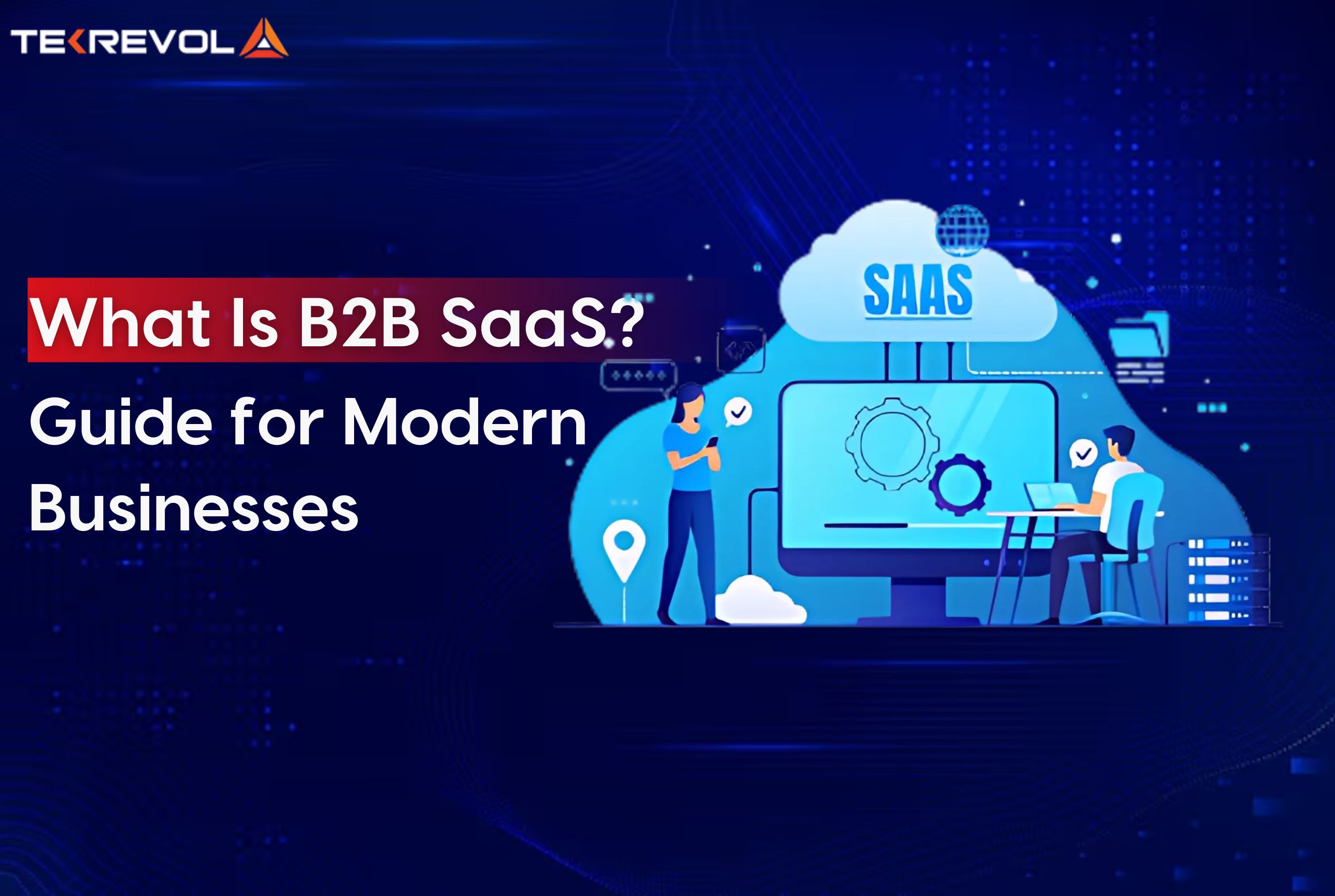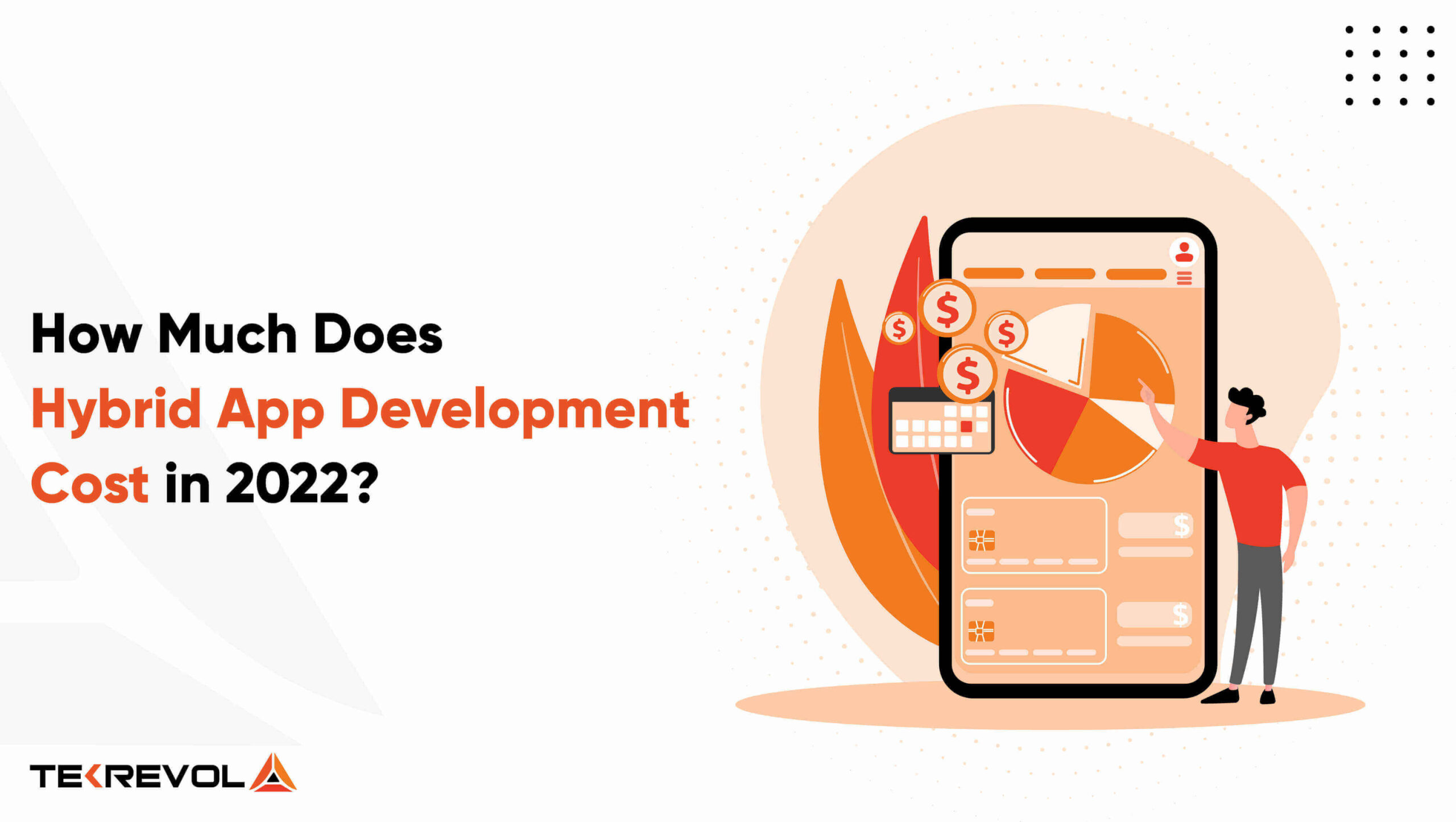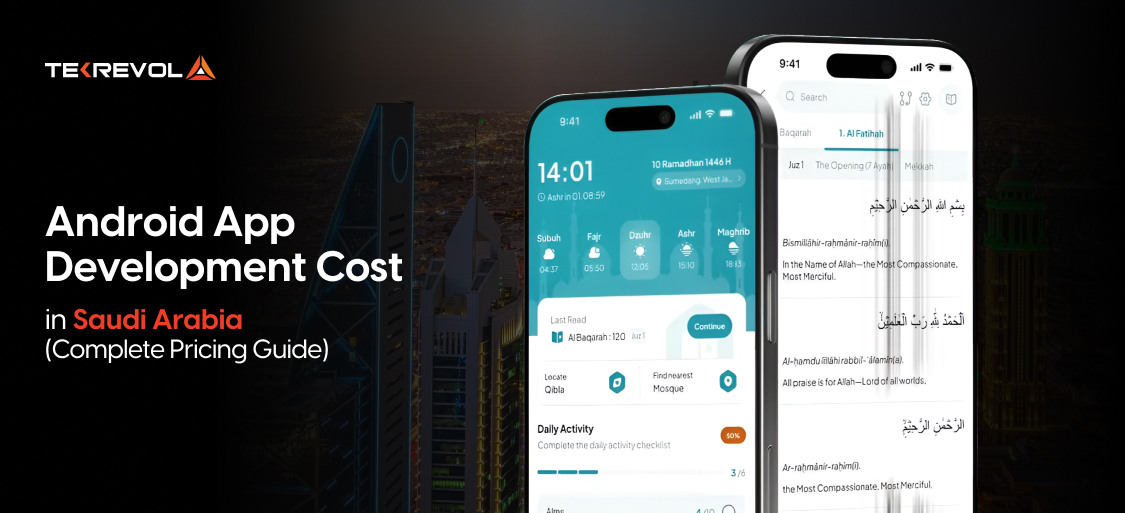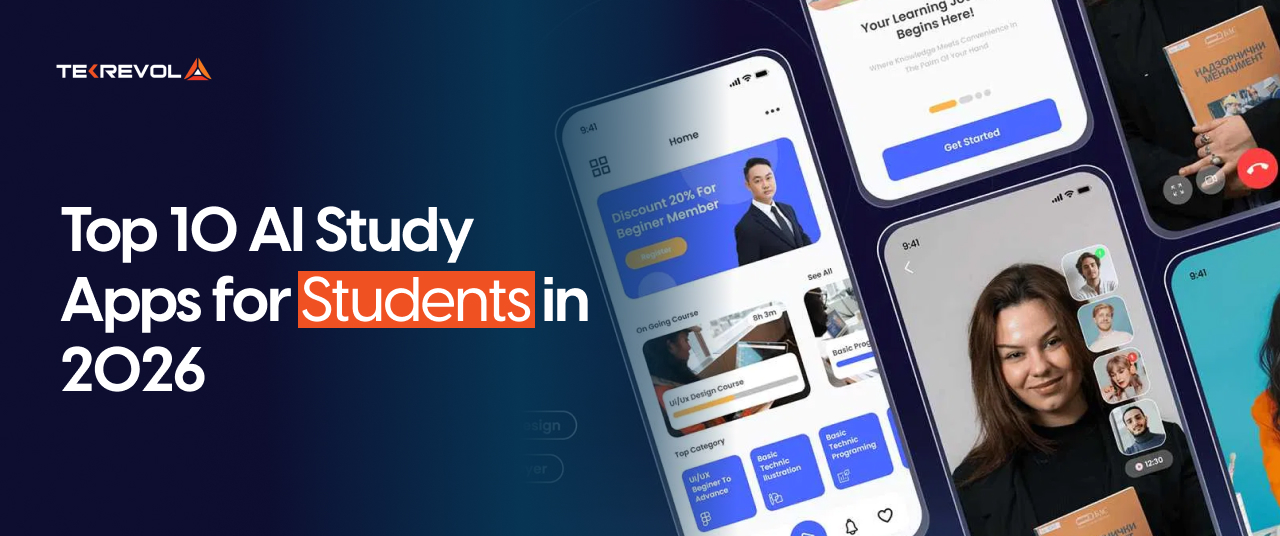Curious about what’s shaping the future of mobile app development trends in Toronto? As Canada’s leading technology hub, Toronto is consistently ahead of the curve, setting benchmarks for innovation in mobile applications.
According to Statista, global mobile app revenue is projected to surpass $613 billion by the end of 2025, driven by trends like AI, AR, and hyper-personalized experiences. Every mobile app development company in Toronto is quickly aligning with these innovations, integrating new technologies, intuitive design, and market responsiveness into their builds.
Consumers want more than just an appealing user interface; they want applications that will enable them to do business in today’s hi-tech market. If you’re planning your next innovative mobile app launch or simply would like to be updated with the current trends in mobile app development in Toronto, this blog will enumerate the exciting trends that will define the future of app development.
List of Top Mobile App Development Trends in Toronto
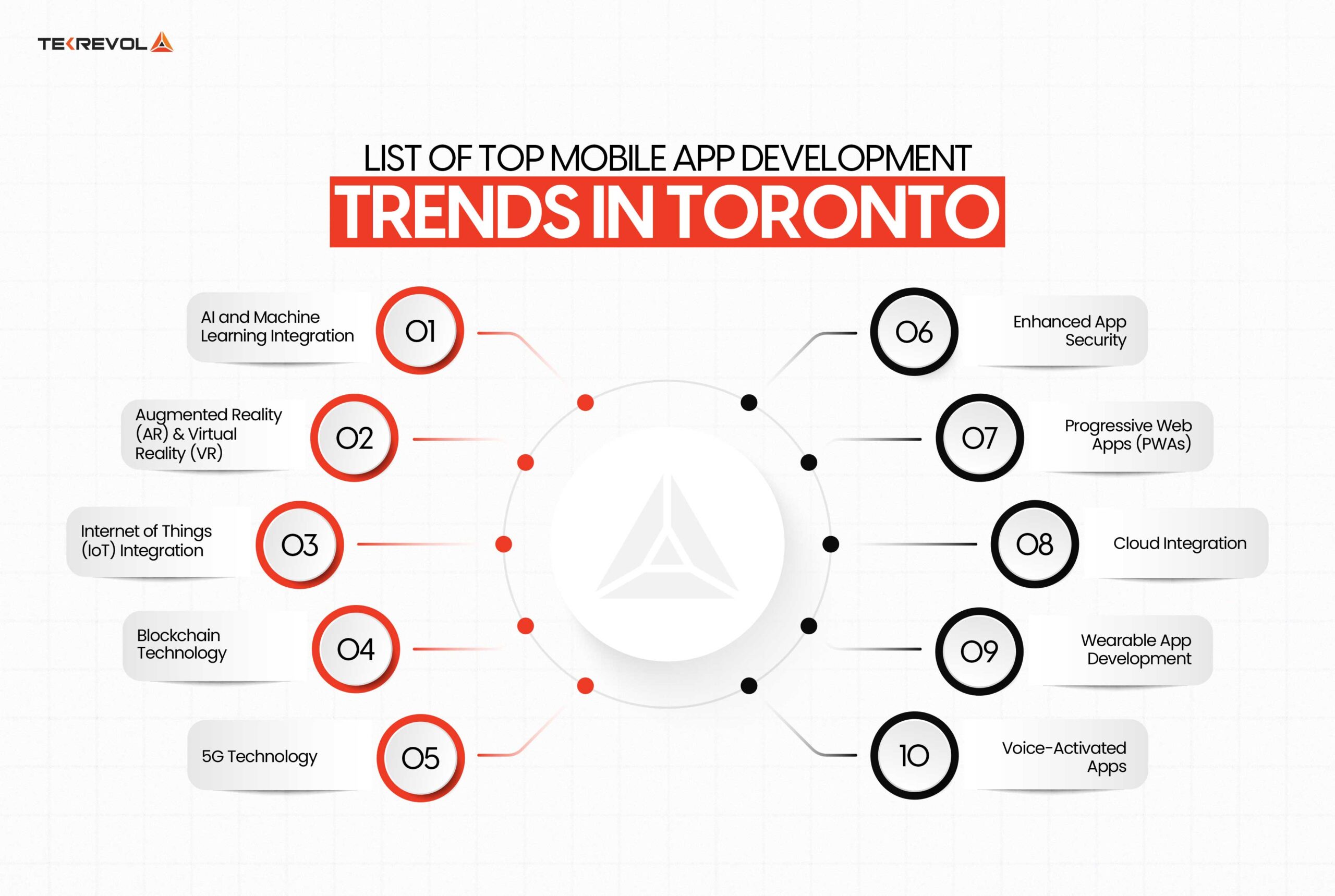
As many influence the mobile application development Toronto this year, we have listed down the 10 app development trends after researching them comprehensively. These trends define the major developments revolutionizing the Industry today.
1. AI and Machine Learning Integration
Mobile app development Toronto is significantly shaped by artificial intelligence (AI) and machine learning (ML). According to Statista, AI integration in mobile apps has grown by 18.8% year-over-year as of 2025.
These technologies are being integrated by Toronto app developers into applications that can capture the user’s actions as well as their preferences to provide recommendations and other personalized experiences.
Example: A shopping app that adapts to the interactions with a consumer and offers relevant products according to their past purchases and interests, or a fitness app that can estimate goals and deliver workouts to achieve them.
Impact: AI and ML help increase the user base as they provide a more personalized experience, thus increasing user loyalty and making applications unique in a sea of similar creations.
2. Augmented Reality (AR) and Virtual Reality (VR)
AR and VR are no longer limited to the gaming domain; they are revolutionizing property, medicine, and shopping. The real world and the imaginary world can be blended with the help of augmented reality apps developed by creative Toronto app developers.
Example: An app for real estate where the user can view a home through an AR view. Or an app for retail sales where customers can see what furniture would look like, or even clothes on their bodies
Impact: AR and VR enhance the interaction level and engage users with highly realistic interactions. It makes logical sense in industries such as real estate to provide users with many aspects of a potential property.
3. Internet of Things (IoT) Integration
The Internet of Things is among the most advanced app development trends in every aspect, from home automation devices to machine tools. In fact, the global number of connected IoT devices is expected to reach 19.8 billion by the end of 2025, according to IoT Analytics. Developers add IoT to the apps to improve customer satisfaction.
Example: A smart home application to control the thermostat, lighting, and security from the phone. An industrial app that measures the performance of machinery and alerts when the next service is due.
Impact: IoT integration brings flexibility to everyday use by offering the ability to control many devices through a single application. For industries, it offers a solution for monitoring and getting data in real-time so industries can make better decisions and work more effectively.
4. Blockchain Technology
Blockchain technology was initially incorporated into the cryptocurrency market. But it is now widely used in other areas because of its features of decentralization and secure transactions. Currently, a mobile app development company Toronto is using blockchain to improve the security of apps in the areas of finance, health, and supply chains.
Example: A healthcare app that allows the patients’ records to be stored and protected using the blockchain system, where only the authorized personnel can access the records, or a supply chain app protecting all stages of the products from fraud.
Impact: Blockchain provides the highest levels of security, transparency, and data accuracy. Therefore ideal for apps that demand high levels of trust. Consumers trust apps that assure that their data will not be leaked.
5. 5G Technology
The use of 5G channels is a significant step forward in the development of new mobile applications. It provides a speed increase and reduction in latency by orders of magnitude. Several developers in Toronto are now utilizing 5G to create more complex applications that can perform various computational tasks concurrently and in real-time, thereby opening up a plethora of opportunities.
Example: Apps that stream high-definition videos, which do not require any buffering, or games that require real-time multiplayer capability and do not freeze.
Impact: 5G allows the creation of superior and interactive mobile applications that provide quicker loading of content and real-time cooperation. It also opens up possibilities for new use cases in AR/VR and IoT, where data transfer rates are paramount.
6. Enhanced App Security
As threats in cyberspace evolve, application security remains highly important. Security is the primary focus for a mobile app development company Toronto as they integrate new features ranging from biometric authentication and end-to-end encryption, as well as secure APIs. Such measures are even more critical for applications that require users’ personal information, including financial, healthcare-related, or e-commerce applications.
Example: A banking application that can only be accessed with the fingerprint or facial recognition and multi-factor authentication for transactions.
Impact: Ensuring the applications’ security enhances customer confidence, especially when using the application to process sensitive information such as credit card details. In this way, developers can minimize the instances of data breaches, which in turn build or enhance user trust and consequently establish a lasting market advantage in competitive markets.
7. Progressive Web Apps (PWAs)
Progressive web apps (PWAs) are as quick and dependable as native apps, but they do not require the user to download any additional programs. Compared to Native, PWAs are quick-loading, offline-first, and responsive from any browser, making them an affordable option for reaching a larger market.
Impact: PWAs provide a more convenient experience in areas with weak internet. They are a cost-effective way to provide users with a mobile-like interface without having to design a separate app for each platform.
8. Cloud Integration
Cloud technology has found its way into modern app development Toronto by allowing app developers to store and process data in an accessible and secure space. Toronto developers are navigating the challenges in cloud technologies to build highly efficient apps that can handle large amounts of data.
Example: An app that stores all user data in the cloud and can be accessed from multiple devices, or an app that allows the storage of photos and gives real-time access with no geographical restriction.
Impact: Cloud integration decreases the load on local storage or processing. It also gives users the leverage of accessing their data anytime from any device.
9. Wearable App Development
While consumers increasingly invest in smartwatches, fitness trackers, and similar devices, there is a demand for free apps that act as companions with these devices. Toronto-based developers are concentrating on the creation of applications that can interrelate with wearable technology and help people track their health, fitness, or other daily tasks more effectively.
Example: A health monitoring application with heart rate, sleep, and steps, all the data is automatically transferred to your smartwatch for ease of viewing and tracking progress.
Impact: Through integrating with wearables, these apps deliver a more seamless and customized user experience, leading to increased usage and deep engagement daily.
10. Voice-Activated Apps
Speech interfaces are no longer considered cutting-edge. They are slowly turning into the norm in various mobile applications. Many Toronto developers are incorporating this feature into their applications to enable users to control them using their voice.
Example: An app that helps organize activities through planning, sending reminders, as well as using voice commands to complete tasks.
Impact: With the help of voice technology, the usage of applications increases and takes a more convenient format, especially for disabled or hand-free consumers, which results in a better level of app satisfaction.
The Bottom Line
Mobile app development in Toronto leverages innovation and experience. All of the mobile development trends we addressed are not only shaping the future but also influencing user expectations and experiences in a variety of ways.
Any businessperson, technophile, or developer must keep up with these mobile app development trends to stay relevant and profitable. These unique techniques, together with collaboration with a well-known app development firm in Toronto, will enable you to transform your ideas into practical solutions.
TekRevol is the leading IT and mobile app development company Toronto. Our services include web development, game development, AR/VR development, blockchain development, and mobile application development Toronto. The experienced and dedicated employees of our company can contribute to the growth of your business.
- Have an Innovative App Concept?
- Our experts are dedicated to crafting exceptional applications tailored to your needs.

